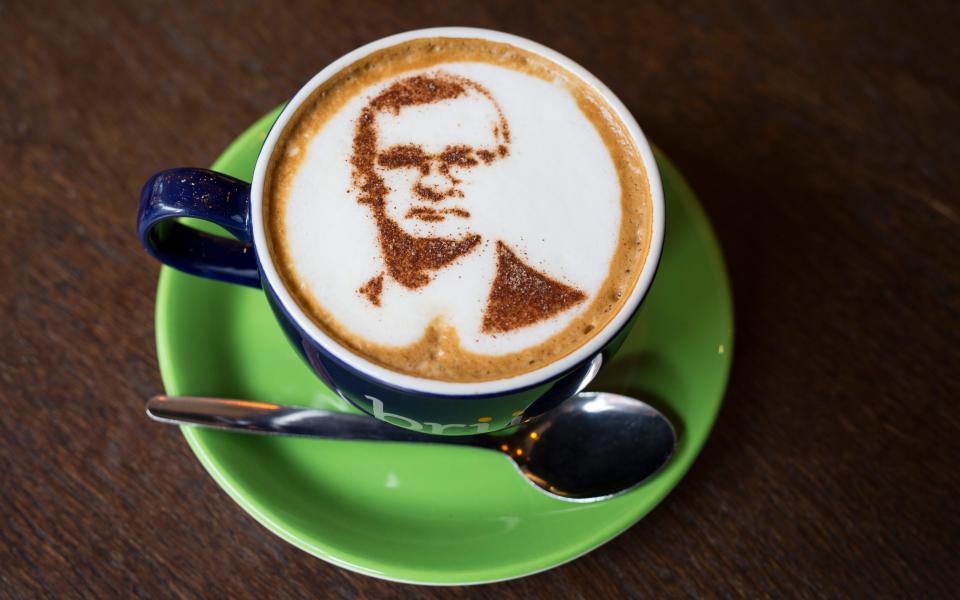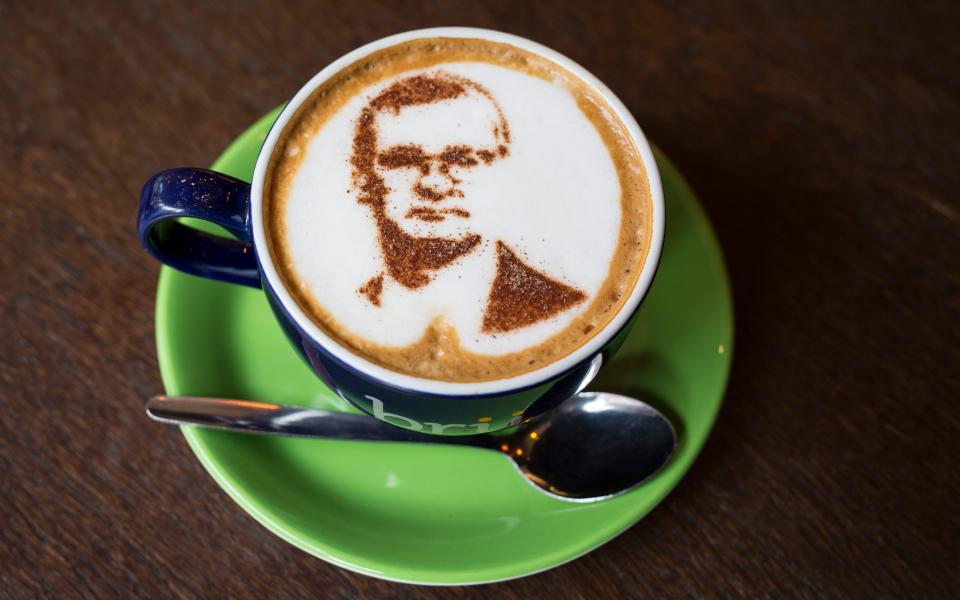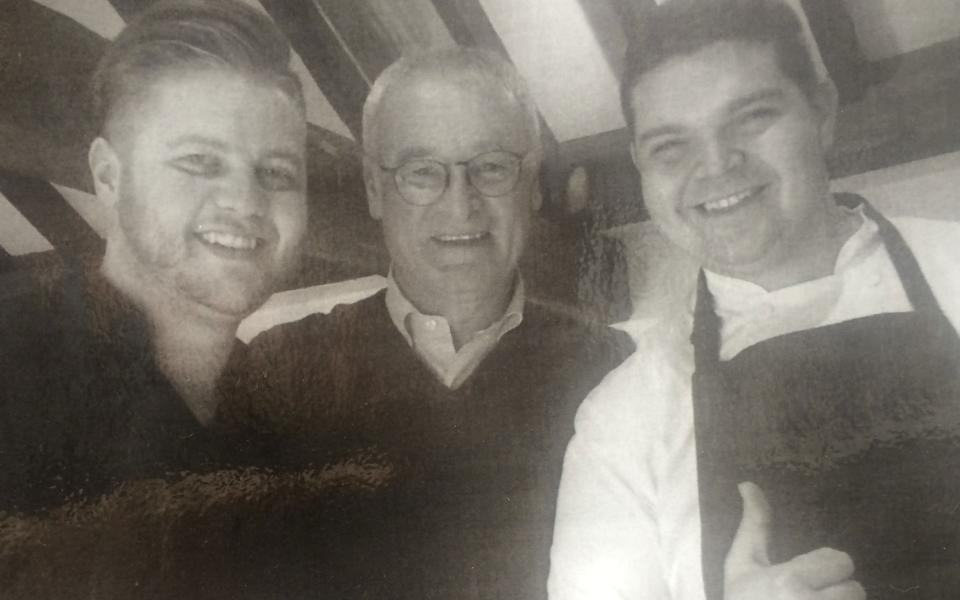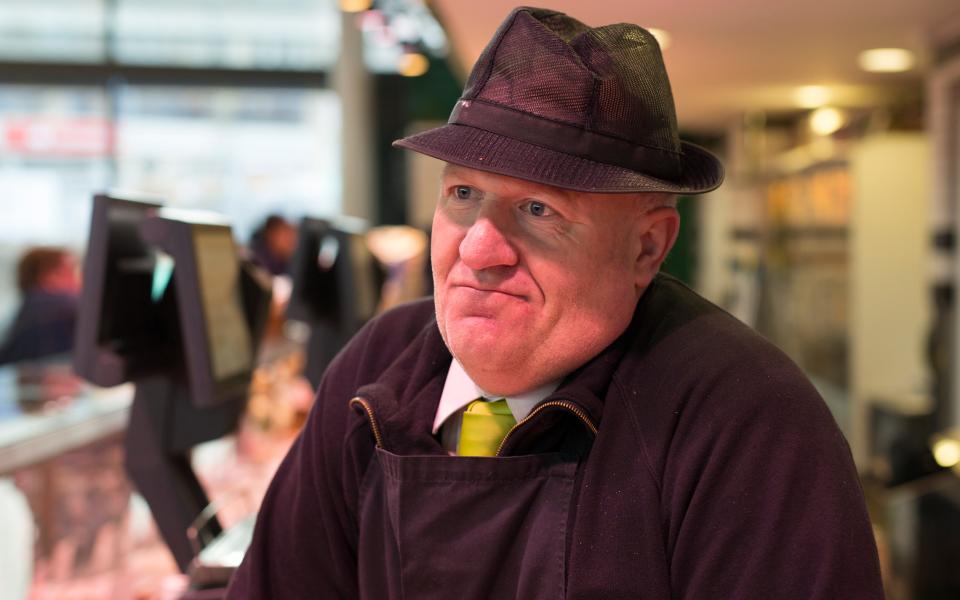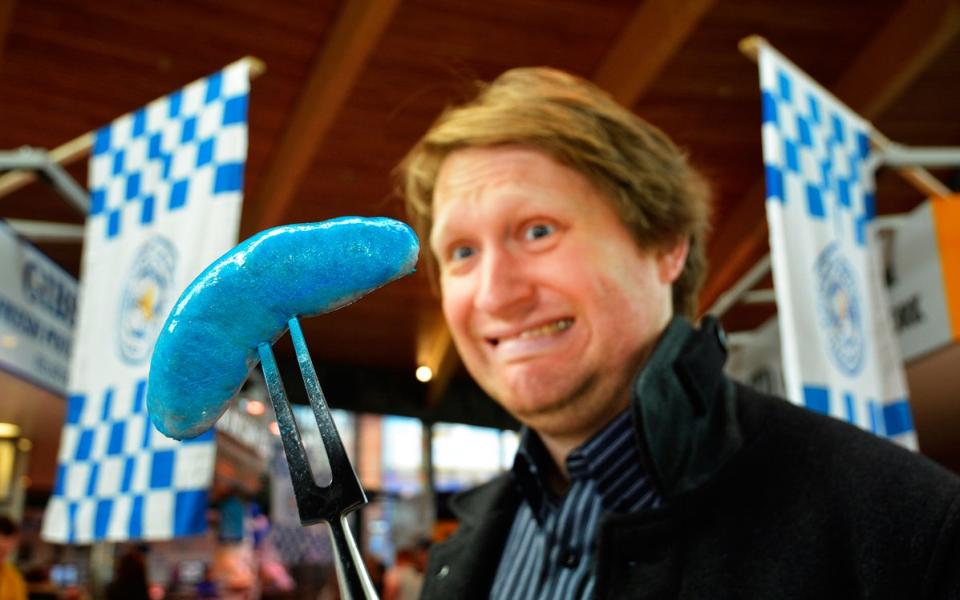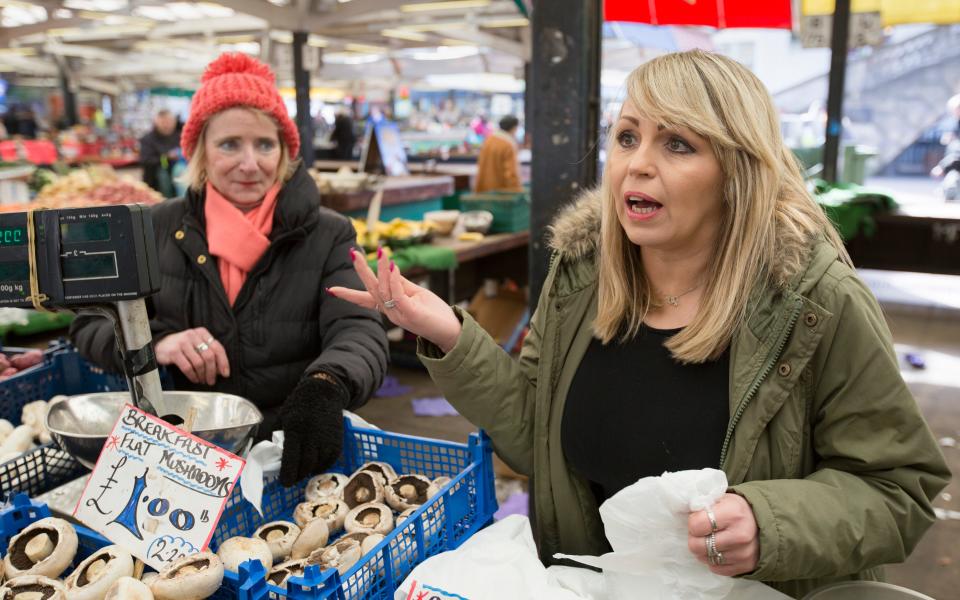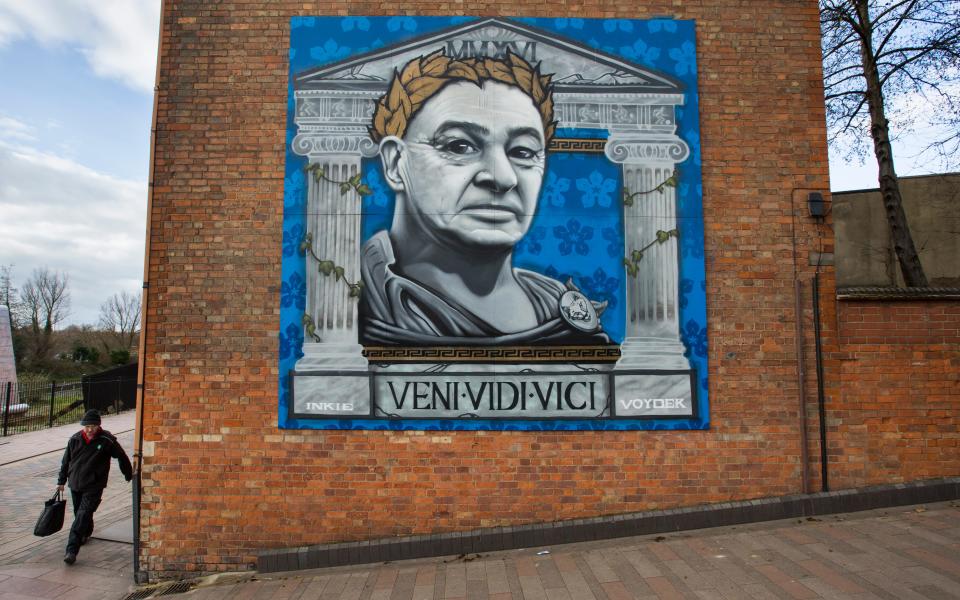Leicester residents left with bitter taste after local hero Claudio Ranieri is sacked by Premier League champions
Brü Coffee on Granby Street has become, thanks to its trendy umlaut and its fondness for sprinkling a cocoa silhouette of Jamie Vardy’s face on the foam of its cappuccinos, an essential addition to any Leicester walking tour. Never mind the tomb of Richard III, the ‘Vardy-cino’ was, for a few giddy days last May, the greatest enticement for the discerning visitor.
Hamza Bodhaniya, the boutique café’s owner, watched with mounting incredulity as his website attracted over 47 million hits. Nine months on, a semblance of normal service has resumed. Custom is brisk, if hardly overwhelming for a Friday lunchtime, while local shoppers skirt around the pieces of fallen masonry left over from Storm Doris. If there is sadness here, it is well-concealed.
Order a coffee, though, and the sense of pity over Claudio Ranieri’s defenestration at Leicester City is writ large. On offer, for one day only, is the ‘Claudio-cino’, Vardy’s features replaced by those of the club’s alchemist, saviour and, in the wake of one unusually heartless sacking, martyr.
“It is designed,” Bodhaniya explains, “to sum up a lifetime of memories. Those are all we have now.” Ranieri would have doubtless approved.
Throughout his 19 months in the East Midlands, he craved such wholesome Italian comforts as a well-brewed cup of coffee. On rare days of leisure, he would escape to the neighbouring village of Kibworth Harcourt for lunch at Boboli, his favourite trattoria. By force of habit, he tended to order the pear and gorgonzola tart, followed by the chicken in Chianti sauce. It was his little sanctuary, a place where he could converse at ease with Lino Poli, the proprietor, and escape the suffocating pressures of last season’s march to the Premier League title.
Now that the dream has died, to use Ranieri’s own words, Sarah, Lino’s wife, can hardly suppress her anger at the callousness of it all. “Everybody is gutted,” she says. “He was always so gentle, so discreet, and we feel he has been used as a scapegoat.”
She is not the only one to advance this view. Across Leicester, a sentiment crystallises that Ranieri is a sacrificial lamb, a victim of the caprice of his players, who were only too happy to drench him in champagne in the middle of a press conference but who knifed him the moment results turned.
The affection stems not merely from his image as a clubbable character, always ready with an easy grin and an endearing witticism, but from his willingness to immerse himself in the life of the community.
On one occasion, Ranieri stopped in the street to offer congratulations at a Sikh wedding. After the victory parade, one gloriously clear early summer’s evening, he addressed the 240,000 gathered in Victoria Park with the words: “I can only say thank you to the people.” Such gratitude was reciprocated with interest.
At Leicester Market, Tim Pole, the butcher at Country Fayre, surveys his wares in the rueful knowledge that he no longer stocks the notorious blue sausage, a gimmick that aroused much attention during the club’s final push to win the league.
His sausage-makers in nearby Shepshed had, he says, spent weeks perfecting a dye to match Leicester’s colours.
Born and bred in this city, Pole remains deeply appreciative of how Ranieri, in the autumn of an itinerant career that had spanned jobs in Italy, Spain, Monaco and Greece, connected with such warmth to a corner of England’s provincial heartland.
“The thing about Ranieri was that he came down to the market,” he says. “He came shopping. He was seen around the city. He would take time to talk to little old ladies.”
Even among the non-natives, the rage at his treatment is palpable. When I came to Leicester last year, to report on the joyously chaotic preamble to their coronation as champions, I beat a path from the meat stalls to the fruit and vegetable section, where Polish saleswoman Ela Lodek was decked out in a spangly hat and a bright blue wig. On this, the saddest day, she has lost none of her natural exuberance, but her tone is noticeably sombre.
“Why, tell me why,” she asks, plaintively. “Why couldn’t they have waited to see what happened next year? It’s not nice. All day my friends in Poland have been writing to me on Facebook. ‘Oh my God!’ is all they can say.”
Ranieri showed, even after being deposed, that he had lost none of his common touch, opening his front door on Friday to pose for a picture with two children who had brought him a card in sympathy. And yet for all the maelstrom of emotions, Bodhaniya, clasping his hands around his patented ‘Claudio-cino’, offers a more pragmatic take. “It hasn’t just been a partial collapse in form this year, it has been total,” he says.
“From my view as a season-ticket holder, there definitely seemed to be a communication issue. While it wasn’t uncommon to see Ranieri gesticulating on the touchline, it all appeared so much more desperate lately.”
His barista, Matt Johnson, a dyed-in-the-wool Leicester disciple, would like Guus Hiddink as Ranieri’s successor. But there remains a question of who would want the call, given the Thai owners’ lack of decency towards a figure whose achievement is unlikely to be emulated at Leicester in our lifetimes.
“Build Ranieri a statue, that’s what I say,” Johnson reflects.
“He gave Leicester supporters something that we’re never, ever going to get again.”
The statue is still a work in progress, while there is now a campaign afoot for Ranieri to be awarded the freedom of the city.
At least the murals, such as the moody creation that adorns a wall behind Mark’s Electrical on Kate Street, will stand as enduring testament to what an avuncular gentleman from Rome bequeathed to these people.
“It is strange to think about it,” Bodhaniya admits, with a sigh. “From the highest of highs to the lowest of lows.”
Where does Leicester sacking Claudio Ranieri rank in footballs harshest dismissals?
